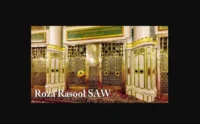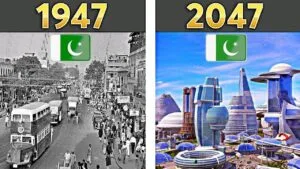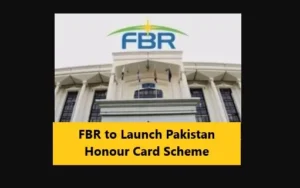Saudi Arabia Limits Visits to Roza-e-Rasool (PBUH).
Now, individuals are allowed only one entry to Roza-e-Rasool within a year.
The Saudi government’s recent restriction on multiple entries to Roza-e-Rasool (PBUH) is part of efforts to manage congestion caused by the increasing number of Muslim visitors.
The entry permit, accessible through the Nusuk or Tawakkalna App, requires visitors to declare their COVID-19 status for entry approval.
Saudi Arabia Limits Visits to Roza-e-Rasool (PBUH)
As Saudi Arabia prepares for the upcoming Hajj, where over 2 million Muslims are expected, these measures aim to streamline the pilgrimage experience and ensure the safety of all participants.
This Saudi Arabia Limits Visits to Roza-e-Rasool (PBUH) is receiving mixed reactions from the public.
What is Roza-e-Rasool
Roza-e-Rasool, also known as Ravdah Sharif, refers to the burial chamber of Prophet Muhammad (peace be upon him) located in the Prophet’s Mosque (Masjid al-Nabawi) in Madina, Saudi Arabia. It is considered one of the holiest sites in Islam and holds immense reverence for Muslims worldwide.
The chamber houses the tombs of Prophet Muhammad, his closest companions Abu Bakr and Umar, and his daughter Fatimah. Visiting Roza-e-Rasool is a cherished aspiration for many Muslims, but entry is restricted and regulated.
Here are some key points about Roza-e-Rasool:
- Location: Inside Masjid al-Nabawi, Madina, Saudi Arabia.
- Significance: Burial chamber of Prophet Muhammad, considered one of the holiest sites in Islam.
- Restrictions: Limited entry permits, often granted through government apps like Nusuk or Tawakkalna.
- Additional requirements: Proof of health and non-contagiousness of COVID-19 may be required.
- Importance: Holds immense spiritual value for Muslims, offering an opportunity to pay respect and seek blessings near the Prophet’s final resting place.
Note: The information above might not be accepted 100%. Please verify from your own sources. We will not be responsible for any kind of loss due to our content.
For more news, please visit Munafa Marketing.




